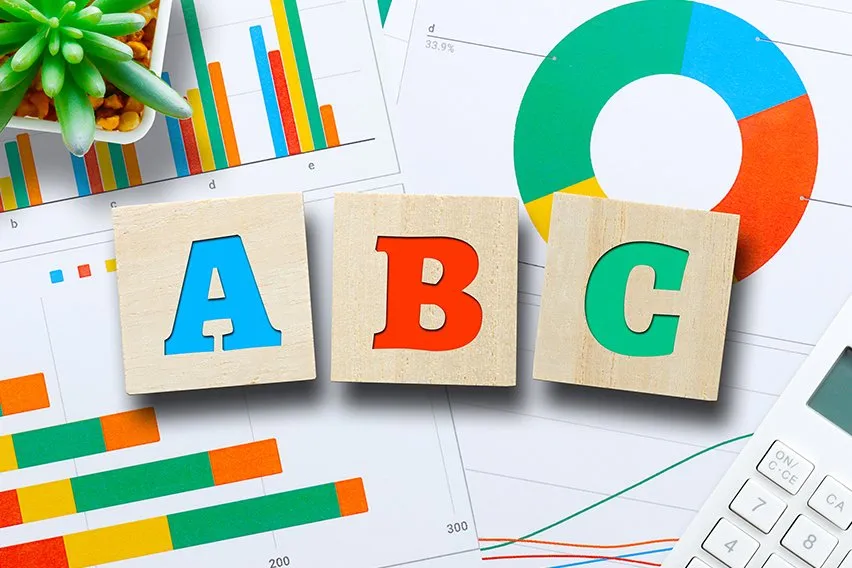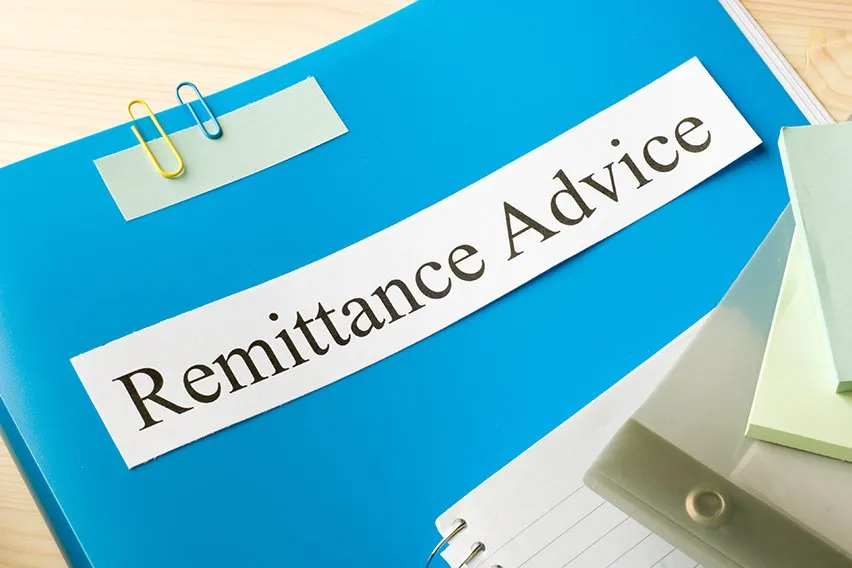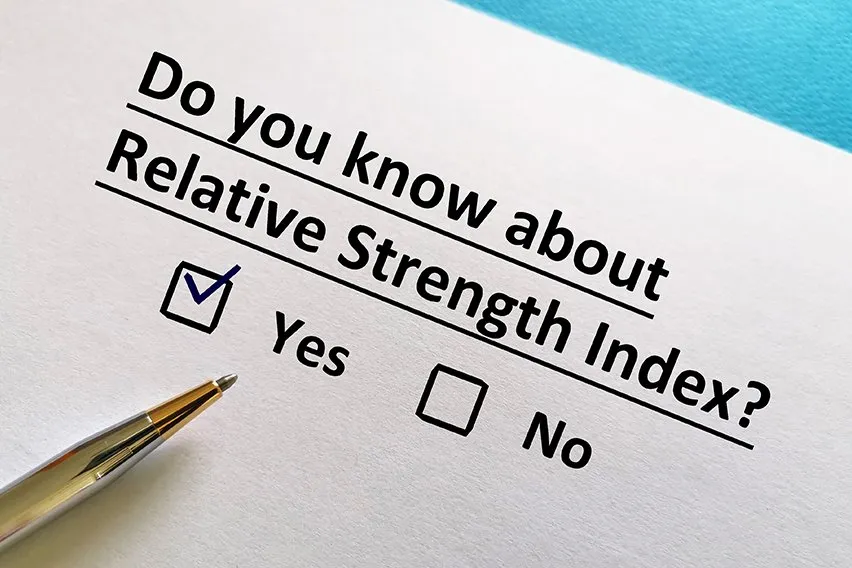What Is the Expectation Gap in Auditing?

An audit can be a stressful experience.
Some believe that audits are purely for preventing and detecting fraud. You may know that your business is run perfectly legally. But having all of your financial information sifted through can put you under pressure.
Understanding an audit can be difficult. This can lead to a gap of knowledge between what an audit is, and what it is perceived to be. This is where the expectation gap comes into play.
But what exactly is the expectation gap? We’ll go through the role of an auditor and fill you in on the definition of the expectation gap when it comes to auditing.
Here’s What We’ll Cover:
What Is the Role of an Auditor?
Examples of the Expectation Gap
How Can the Expectation Gap Be Handled?
What Is the Expectation Gap?
The audit expectation gap is a term used to describe the difference between what the general public expects from an audit, and what a financial audit actually involves.
That’s not to say that the expectation gap is purely a lack of knowledge about the auditing process. It also encapsulates what the public wishes and wants auditors to do. In both of these cases, there’s a solid gap between the expectation and the reality.
One of the issues with the expectation gap is that it leads to undue concern about the overall auditing process. Many businesses have the expectation that an audit is a hostile investigation into their financial papers. They expect the auditing process to be trying to uncover financial irregularities. Or even find evidence of fraud in their statements.
But whilst this is a part of the auditing process, it isn’t necessarily the role of an audit.

What Is the Role of an Auditor?
The aim of an audit is to obtain reasonable assurance about whether the financial statements of a business as a whole are free from material misstatement. Whether this is due to fraud or error, an auditor will inspect the finances of a company or business and give a professional opinion.
Auditors in the UK must operate according to the International Standards of Auditing (UK) or ISAs (UK).
A misstatement can arise from either fraud or error. They are considered material if they could reasonably be expected to influence the economic decisions of users based on these erroneous financial statements.
An auditor tends to use his or her judgement during the auditing process after they have taken the evidence into account. However, if this evidence is deemed to be inconclusive, then their assessment may not be entirely correct.
Auditors work on a sample of financial statements. It could be argued that this means that the sample doesn’t reflect the full financial picture. These limitations are part of what can drive the expectation gap in auditing.
Examples of the Expectation Gap
There are a few different situations where the expectation gap can come into play:
The Knowledge Gap: This is when the business or organisation being audited don’t understand the process of what happens during an audit. They are therefore unaware of the usual policies and procedures.
The Liability Gap: This type of expectation gap outlines the misunderstandings when it comes to an auditor’s legal liability. Especially in the case of detecting potential fraudulent activity.
The Performance Gap: The performance gap describes the difference between the types of tasks the general public may believe the auditor is supposed to perform and the level of work that auditing standards actually require.

How Can the Expectation Gap Be Handled?
Unfortunately the expectation gap can’t be easily fixed. The way in which the industry is trying to handle the expectation gap is an ongoing discussion, but there are some ways to help narrow the gap.
It essentially comes down to education. Audit professionals can educate businesses and organisations on the auditor’s specific responsibilities. They can also further clarify the details of the role.
Key Takeaways
The expectation gap is a tricky situation that can only really be fixed with a deeper understanding of what an audit entails.
Overall, clear communication is the best way to close the expectation gap, or at the very least start to narrow it.
Are you looking for more business advice on everything from starting a new business to new business practices?
Then check out the FreshBooks Resource Hub.
RELATED ARTICLES

 How to Calculate Discount Percentage?
How to Calculate Discount Percentage? What Is ABC Analysis & Its Importance in Inventory Management
What Is ABC Analysis & Its Importance in Inventory Management What Is EPOS System & How Do They Work?
What Is EPOS System & How Do They Work? What Is a Remittance Advice Slip for Payments & How Does It Work?
What Is a Remittance Advice Slip for Payments & How Does It Work? Dividend Policy: Definition, Types & Examples
Dividend Policy: Definition, Types & Examples Relative Strength Index (RSI): Definition & Calculation Guide
Relative Strength Index (RSI): Definition & Calculation Guide